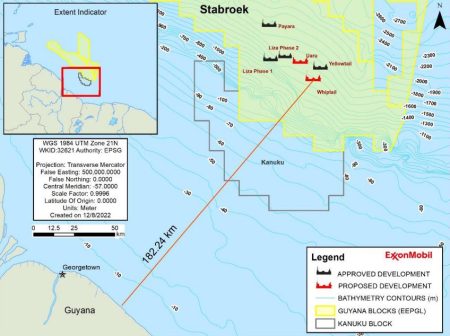 02 February 2014, Antwerp, Belgium – Slumping margins are hammering European oil refiners, but those owned by trading houses with broad resources have been able to shelter from the worst of the pain and even make money, an analyst with one of them said.
02 February 2014, Antwerp, Belgium – Slumping margins are hammering European oil refiners, but those owned by trading houses with broad resources have been able to shelter from the worst of the pain and even make money, an analyst with one of them said.
Weaker regional demand, fewer gasoline exports and an influx of diesel imports have kept refinery margins at rock-bottom levels into this year after a tough 2013.
Margins for the last five days are at around $0.88 per barrel of crude, compared to $3.90 for the last 365 days according to Reuters data.
But trading houses have taken advantage of their involvement in every stage of the oil production and trading chain, said David Fyfe of Gunvor, speaking on the sidelines of an industry conference.
Their ability to arbitrage flows was the key to squeezing revenue from challenging markets, he added, giving the trading houses the edge over independent refiners.
Gunvor, a Swiss-based top five oil trading house owns the Ingolstadt refinery in Germany, a refinery in Antwerp and an oil product terminal in Ust Luga on the Baltic Sea.
“You get access to flows for both our refineries in Europe and also our products terminal on the Russian Baltic,” Fyfe said. “The plant here in Antwerp is in a refining hub, a perfect spot to be able to arbitrage and take advantage of new products flows.”
An assumption that the picture was uniformly bleak for the European industry, competing with Asian and Middle East plants, was misleading, Fyfe said.
“It is a mistake to look at the industry as a homogenous mass. There are still people here making money. For us refining is a strategic fit with our trading business,” he said.
Vitol, the world’s top oil trader, has also invested in European refineries in Germany and in recent years, as it benefited from a strong inland retail network and a pivotal position in the crude oil market.
Europe’s refining industry has undergone a painful rationalization. Another 2 million barrels per day of the region’s 15 million bpd capacity are expected to close over the next 5 years, according to JBC Energy.
Even cutting output, usually a way to help support margins, has done little to improve the picture for refiners, particularly in the Mediterranean.
Giuseppe Gibbin, head of crude oil and oil product trading and supply at independent Italian refiner Saras told the conference it had reduced operating rates at its Sarroch refinery in Sicily to 80 percent in 2013.
Saras was particularly hard hit due to supply disruptions in crude output from Libya since last summer, which accounted for around 70 percent of its feedstock.



